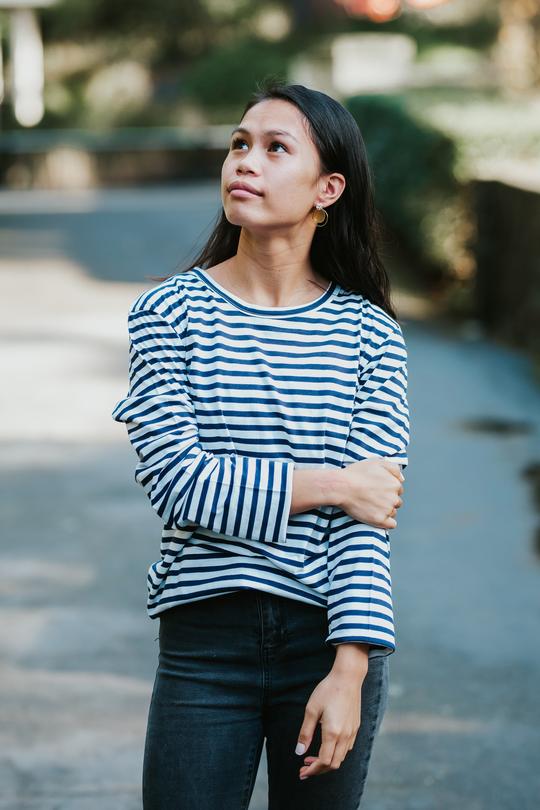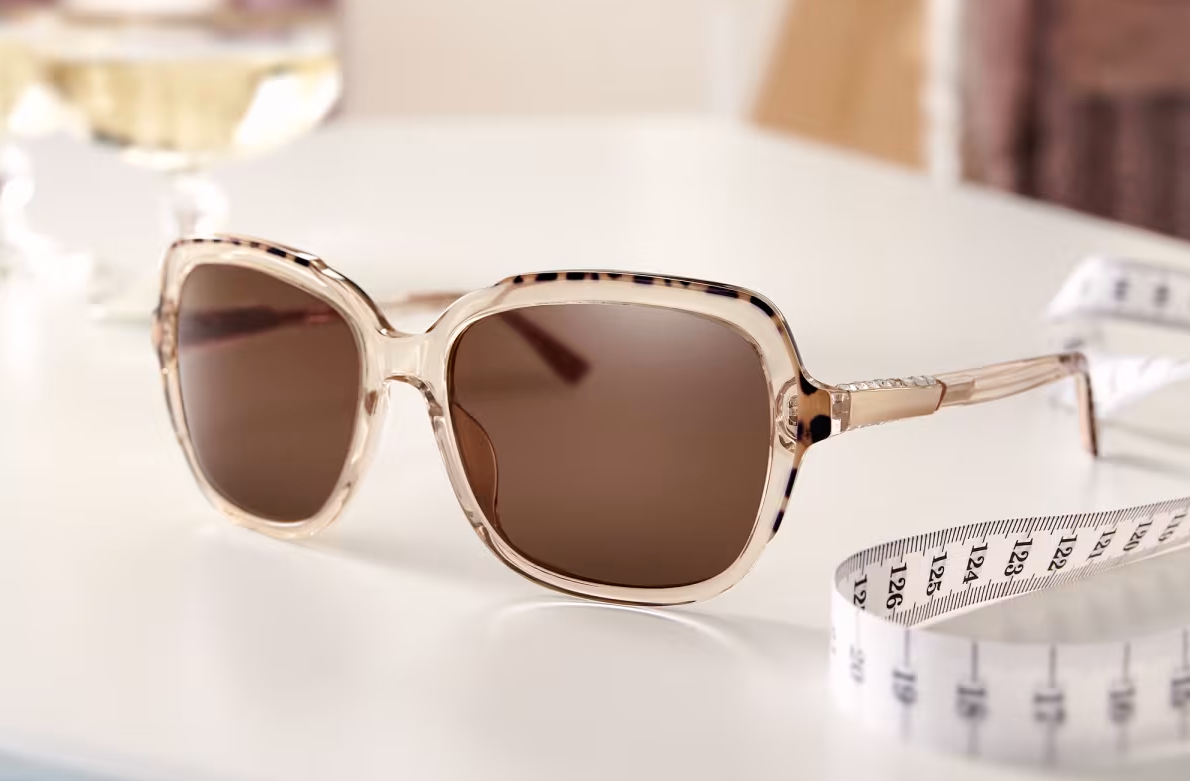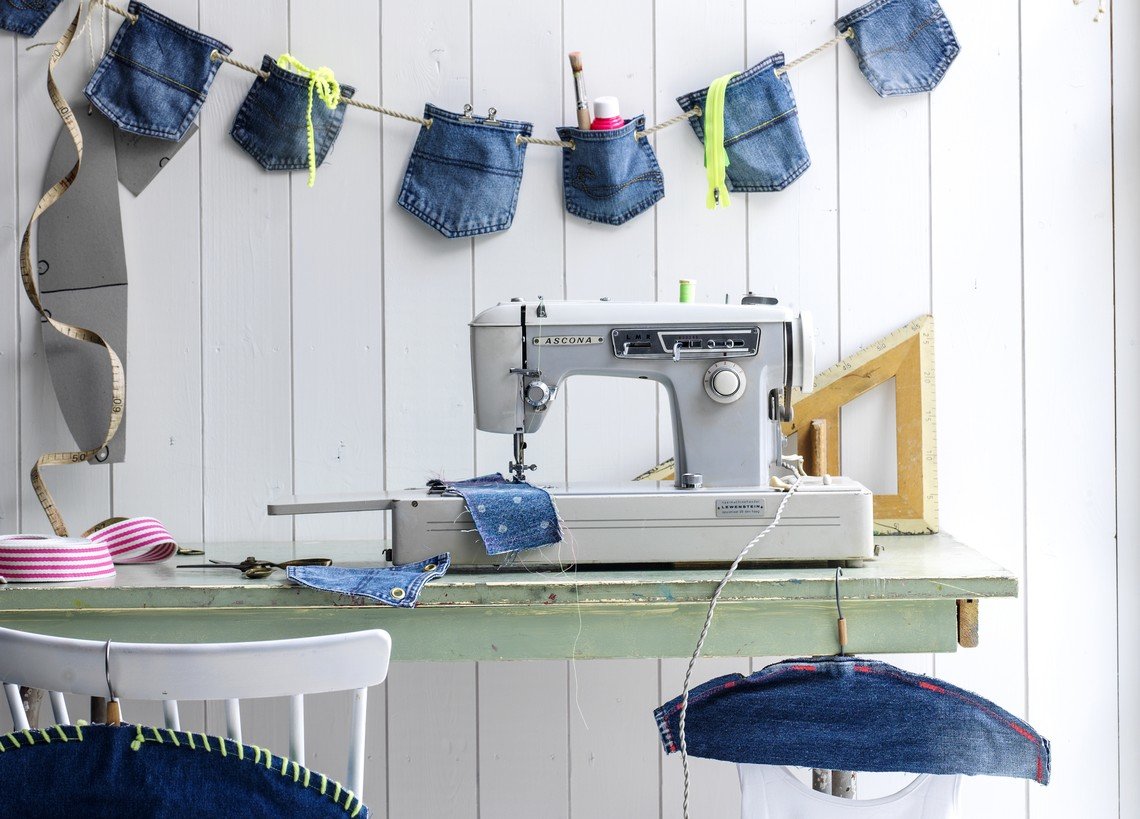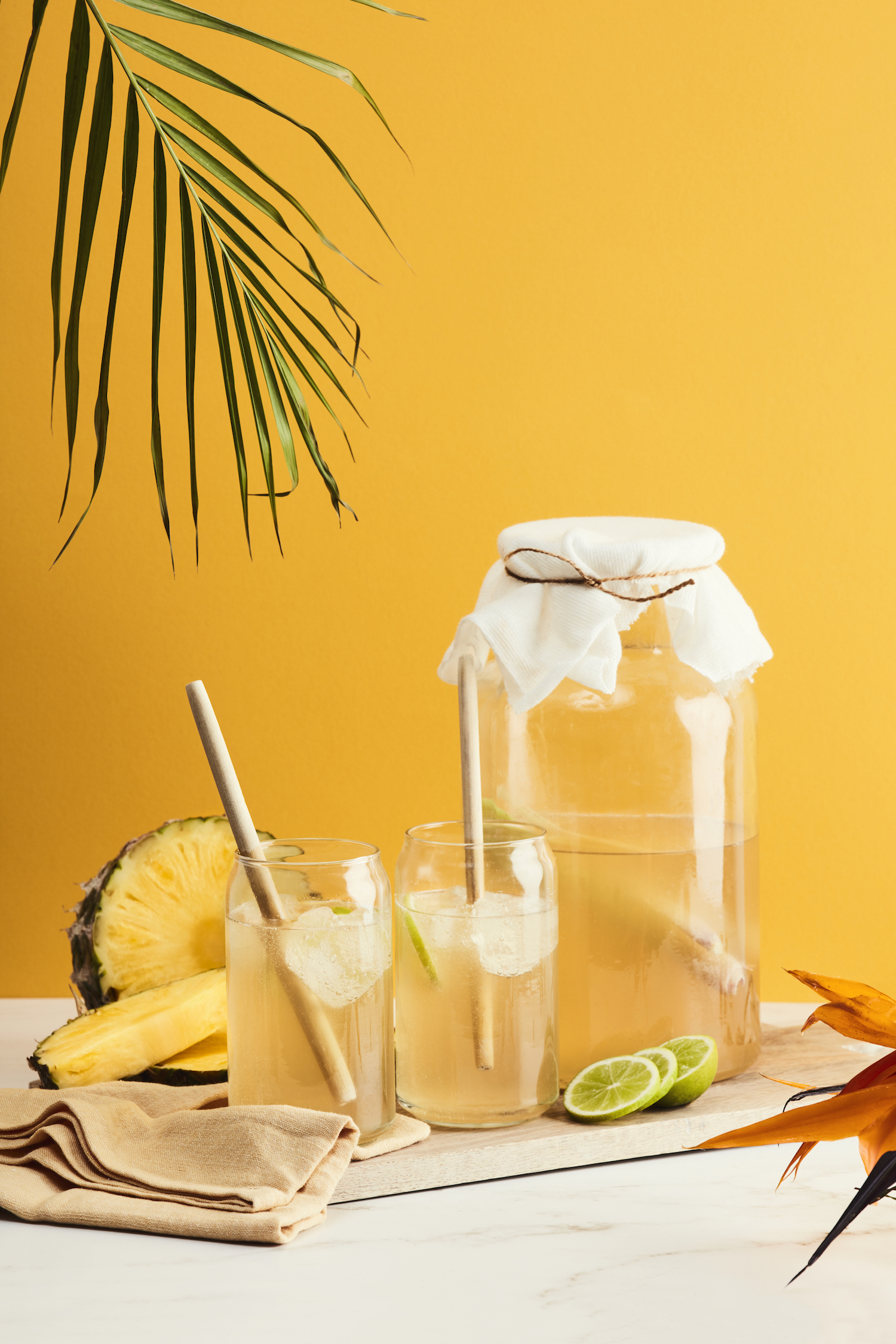Ethical garment manufacturer Little Yellow Bird will begin recycling its products when they reach the end of their wearable life, making it the first New Zealand fashion brand to close the loop on its supply chain.
The business has just had its garments certified by a European textile recycler and will send its first shipment of 1,000 kilograms of worn out garments next month.
Part of that shipment will include uniforms Little Yellow Bird created for Wellington Chocolate Factory, Milk Crate cafe, and Commonsense Organics.
The used garments will be broken down into a pulp which is blended into a new yarn and woven back into new textiles.
There is no degradation in quality throughout the process: the finished product is of the same quality as the original materials recycled, and the process can be repeated again and again.
“This is another important step we’re taking towards having the smallest-possible impact on the environment,” Little Yellow Bird founder and CEO Samantha Jones says.
“The reality is that, at the moment, most of the clothes people are wearing right now will ultimately end up in landfill. We’re on a mission to stop that.”
“Our vision is to create a sustainable and ethical fashion industry, and we’re taking steps towards building a circular economy.
“Society often takes an out-of-sight, out-of-mind approach to the disposal of clothing by sending our unwanted clothes to developing countries where most of them are dumped. We want people to take an active role in closing the loop with us.”
Little Yellow Bird will accept and recycle any of its own clothing for free, and is looking to accept worn garments of other brands for a small fee.
For now, the clothing will be shipped to Europe to be recycled, but Jones says her eventual goal would be to see a garment recycling process set up in New Zealand.
She’d also like to use the recycled end yarn for future Little Yellow Bird collections — but the demand for it is so high, that it could be a while.
“We are exploring ways to bring this technology to New Zealand and would love to see textile recycling become a closed local loop within our own country,” she says.
“This would further reduce our carbon footprint and help us provide more jobs to Kiwis; two things we’re passionate about.”
“Garment recycling is a new industry which looks set to grow exponentially as consumers demand more responsible manufacturing in the fashion industry. Garment recycling could be a major economic opportunity for New Zealand.”
Globally, less than 1% of clothing is recycled and the garment industry is notorious for being a major contributor to climate change, land degradation, water consumption and contamination, and pollution.
For Little Yellow Bird, the fact that all of its garments are made from organic cotton and dyes made the recycling certification process much easier.
Commonsense Organics Director Lucy Kebbell says she is delighted to have their old uniforms form part of the first shipment from New Zealand to be recycled.
“We are thrilled with this new initiative as it means we can rest easy knowing that our old uniforms are not going to end up in the landfill. Our uniforms are already Fair Trade, organic and the fact that they are now part of a closed loop supply chain means that they are more environmentally sustainable too!”
Little Yellow Bird won the Supreme Award at the Sustainable Business Network Awards last year for its purchasing and production policies.





